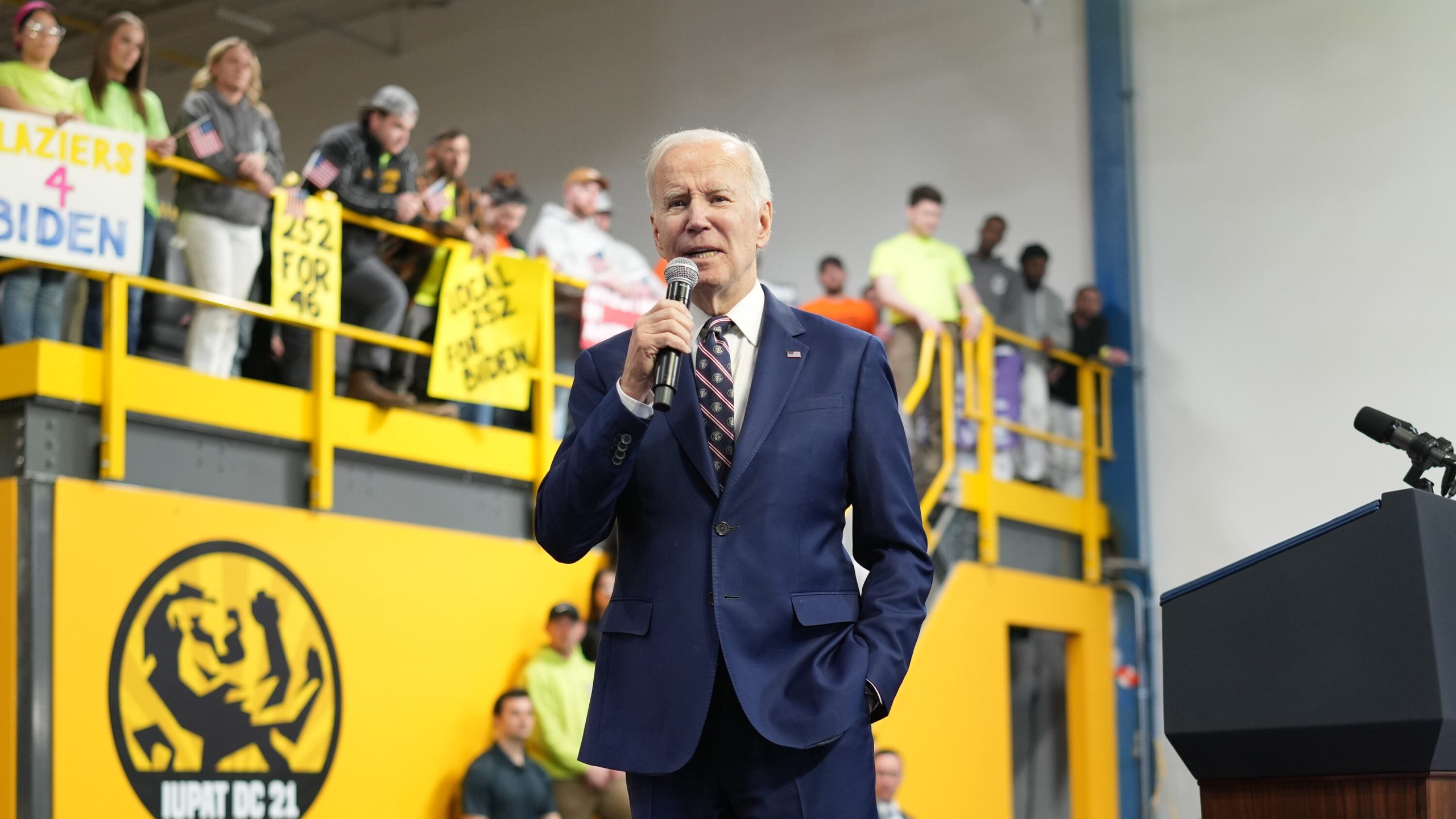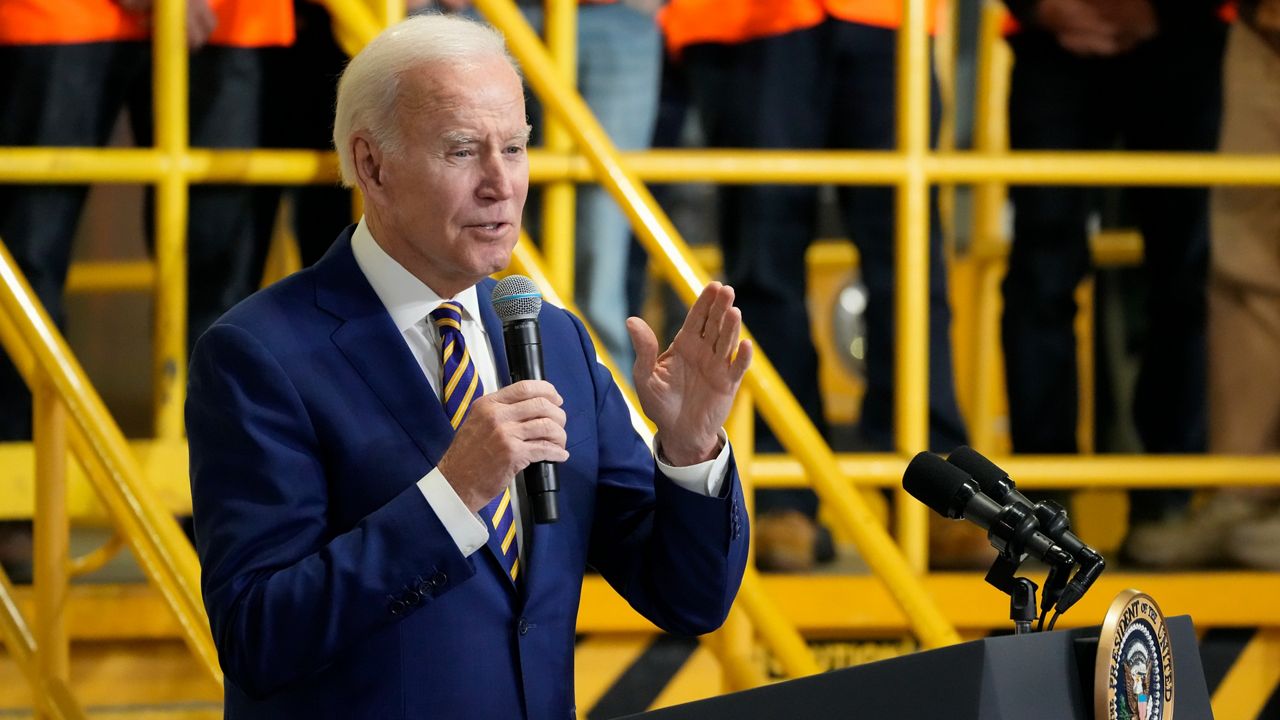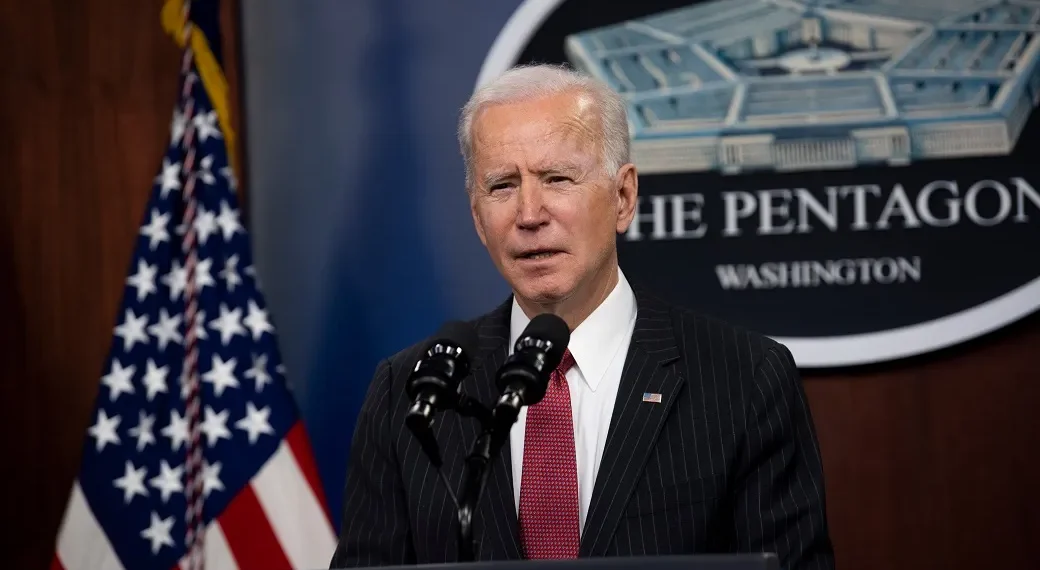President Joe Biden‘s annual budget, slated for release Monday, serves as a strategic move amid concerns over the economy. It aligns with his recent State of the Union address, aiming to bolster his reelection bid by addressing middle-class grievances and contrasting with Republican opposition.
The budget, unveiled as Biden embarks on a tour of battleground states, emphasizes populist themes like taxing the affluent and curbing prescription drug costs. These proposals, though met with skepticism in Congress, are designed to resonate with voters disillusioned with economic disparities.

Key provisions in the budget include initiatives to alleviate family financial burdens, bolster domestic manufacturing, safeguard Social Security and Medicare, and reduce the deficit. The plan also entails tax hikes on large corporations and billionaires, with projections indicating a $3 trillion deficit reduction over a decade.
Notably, proposals for national paid leave and advancements in cancer research are featured, alongside recurrent measures such as a minimum billionaire tax and corporate tax rate increases. While these ideas signal continuity in Biden’s policy agenda, their feasibility hinges on congressional support.

As a strategic tool, the budget underscores the administration’s legislative priorities, framing the debate around issues crucial to middle-class Americans. However, with Republicans controlling the House and Democrats holding a slim Senate majority, the path to implementation is uncertain.




